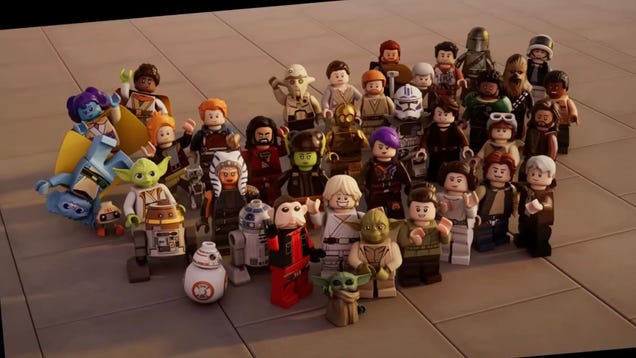
As a political weapon, Section 230 is becoming a mutually assured destruction device.
I’m old enough to remember a time when the phrase “Section 230 of the Communications Decency Act” meant nothing to the general public. It was about 18 months ago, and in the meantime, millions of people have become self-declared experts on the topic. We’ve suffered through countless congressional hearings that were touted as an exploration of how to improve the law only to descend into lawmakers accusing CEOs of shadow-banning their best friend’s band. We’ve seen some half-assed efforts to tweak the law in ways that haven’t gathered any traction. And gradually, somehow, both Republicans and Democrats began to say that they support changing the law in the future.
Everyone seems to have lost the thread along the way and now, the New York Times reports that Section 230 has become a sticking point in the negotiations over approval of the annual military budget.
The issue is that this year’s National Defense Authorization Act (NDAA) includes plans to remove the names of Confederate leaders from military bases and Donald Trump has threatened to veto the legislation if the plan remains in place. The initiative has support in the Senate and House, but the president has seen it as the kind of wedge issue that keeps people angry and he loves when people are angry.
G/O Media may get a commission
Citing unnamed sources who are “familiar with the discussions,” the Times reports that Rep. Adam Smith, a Washington state Democrat, approached White House Chief of Staff Mark Meadows to ask what kind of compromise could get this legislation through. Meadows reportedly said that including a repeal of Section 230 might interest the president.
In another year, such an assertion would seem absurd. But we’re firmly in the Chaos POTUS session and Trump has nothing to lose. Still, this just isn’t going to happen. From the Times:
Such a deal would amount to a last-minute, sweeping overhaul of communications law, and a Democratic congressional aide, speaking on condition of anonymity to disclose internal discussions, said many lawmakers in the party viewed it as a nonstarter.
Let me say it again: Congress will not repeal Section 230 in order to get the NDAA passed. To do so, would cause extreme chaos online, in the courts, and in the economy. If it did happen, we’d probably have to rewrite the big trade agreement that Trump is so proud of because the protections of Section 230 were written into it. But again, this scenario is just not going to happen.
The meaning of Section 230 has been bastardized by opportunists and well-meaning people who simply misunderstand it. Jeff Kosseff’s The Twenty-Six Words That Created the Internet has become a go-to reference on the law and its title serves as a shorthand to remind people how simple the law is in writing. The 26 words are:
No provider or user of an interactive computer service shall be treated as the publisher or speaker of any information provided by another information content provider.
But there’s more to the law, and interpreting it isn’t as easy as it might seem, hence the need for Kosseff to write a whole book on it. At its most basic level, Section 230 is intended to shield a web platform like Facebook or Twitter from legal liability for the content uploaded by a third-party user. There are still legal limits. For instance, Facebook can’t knowingly leave up images of child exploitation on its website. But if a user uploaded child porn on Facebook and proper protocols were followed to remove it, the social network is free to continue raking in billions.
Repeal Section 230 with nothing in its place and most websites would need to put a halt to the uploading of third-party content or at least severely limit the practice because the legal risks would be too great. Facebook and Twitter might find a way to keep going, but say goodbye to rest.
All of this is to say that repealing Section 230 isn’t what the business interests behind Republican or Democrat donors want to see. Competing interests certainly have different ideas for how to change the law to benefit themselves, but a sudden repeal is not only unwanted but practically impossible.
Still, it’s clear that Section 230 has been successfully defined to some group of the public as the thing that allows Twitter to CENSOR posts with fact-checking labels, and if we get rid of it, these people believe that the internet would just become a First Amendment zone where nothing is censored. The reality is quite the opposite.
The report on NDAA negotiations just tells us that Republicans seem to believe they’ve found another hand grenade issue to throw around when they want to play chicken. It is solidified the political gamesmanship that Republicans want to repeal Section 230 and Democrats want to preserve it when it’s more like they both want to change the law but only one party is irresponsible enough to pretend they’d just throw the baby out with the bathwater.
When all is said and done, the military will get its money. If military bases get renamed, Trump will tell supporters he did his best to continue honoring racists by repealing the law that prevents them from saying the n-word on Facebook despite that notion having no basis in truth. And the president will continue to be the biggest beneficiary of social media malpractice in political history.
Source: gizmodo.com







